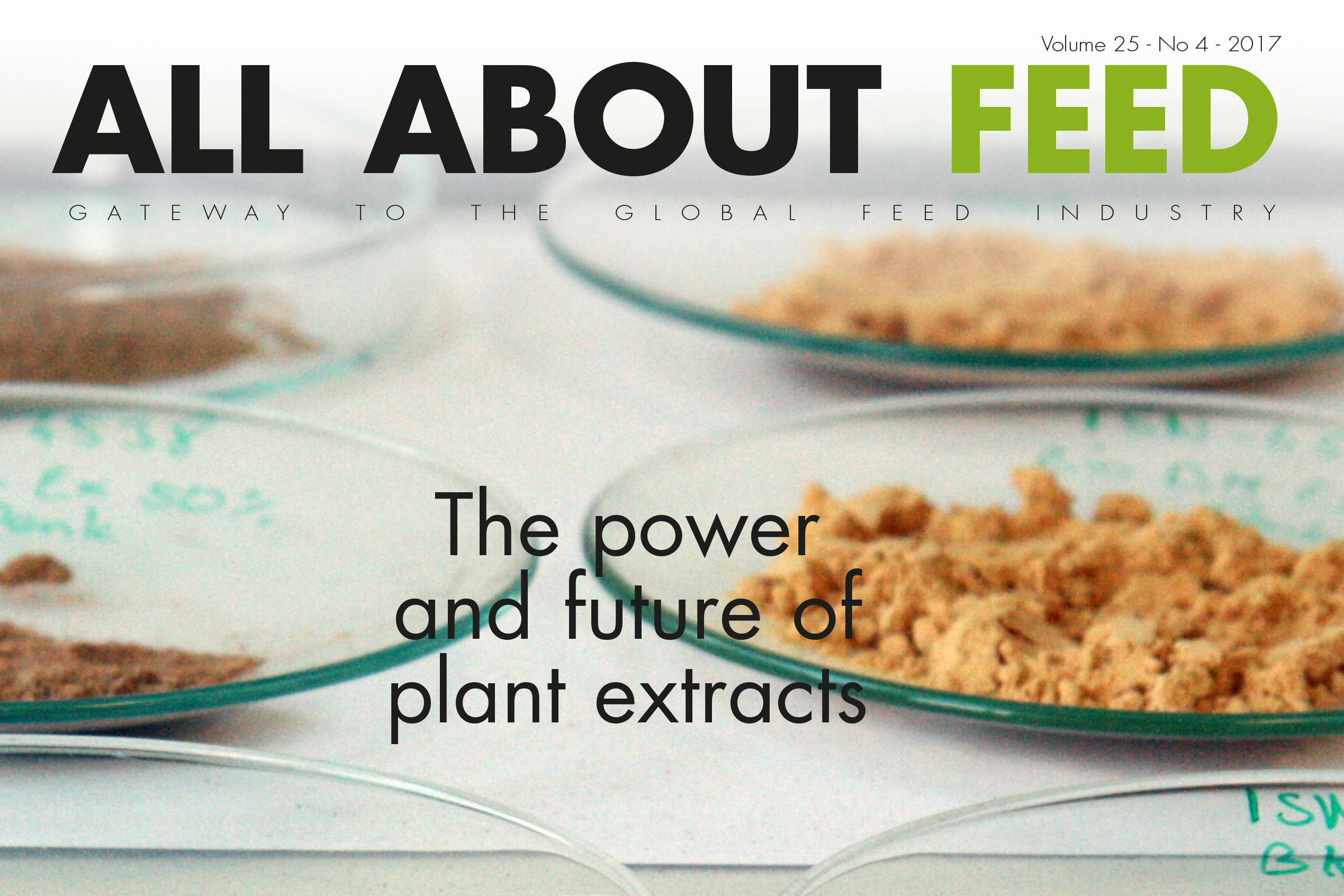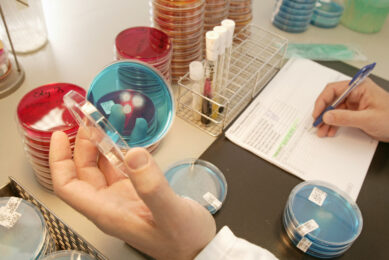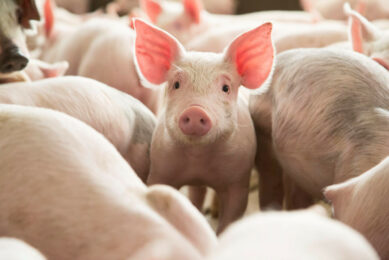All About Feed issue 4 now available online

The new edition of All About Feed (number 4) is now available to read online. In this edition we have many interviews with experts from the feed industry and we take a closer look at horse nutrition.
All About Feed had a chance to talk to Søren Bank, chief commercial officer at Hamlet Protein. This Danish firm has been focusing on young animal nutrition since its foundation. And this has reflected in solid growth of the company. “Hamlet Protein is growing at a fast pace. “Between 2009 and 2015 we have grown with 15-20% in sales per year. Our current staff is 120 people and we have two production plants (one in Denmark and one in the United States). Especially the plant in the US that we inaugurated in 2012 created significant growth for our company, as we couldn’t service this continent competitively from our Danish production facility. From the US, we can now also ship to Asia much easier,” explains Bank. Read the full interview on page 16 of this issue.
Plant extracts as AGP alternatives
Next to young animal feed, the world of plant extracts (phytogenic feed additives) is a very exciting and growing business. CEO of Delacon, Markus Dedl explains in the interview on page 24 of All About Feed: “The phasing out of antibiotics from feed has certainly accelerated our business to some extent. Especially in the US. But we sell our products in countries where antibiotics are still allowed as well. That said, many know that there is an expiration date on in-feed antibiotics and they are looking actively for alternatives. We need to solve all problems, but not all of them in one day. It is like driving an electric car, I will not save the planet by doing so, but it is my contribution to saving the planet which makes me feel good. And that is the ultimate reason why people are doing things.”

Different sources of selenium for horses
Selenium is a key nutrient in horse nutrition and is crucial for an optimal antioxidant status and immune function. Trials done with a certain type of selenium fed to mares showed that it affects milk and selenium status of their foals. Pauline Rovers-Paap from Orffa looks at recent trials in which the efficacy of two sources of selenium was evaluated in mares, during gestation and lactation. Two sources, sodium selenite and selenomethionine, were investigated for their potential to affect the selenium concentration in the milk and the selenium status of the foals. Read about the outcomes of these studies on page 7 of this issue.

Also in this issue:
• A nutritional approach against behavourial problems in layers
• Smart ways to prevent mycotoxins
• Trace minerals: Even distribution is key
• Gut health damage and effect on profitability
• Minerals for better US cow herds
• A healthy digestive system for ruminants
• The challenge to use food losses for feed
To read all the articles in this issue, go to the magazine overview page and sign up with your current website login.











